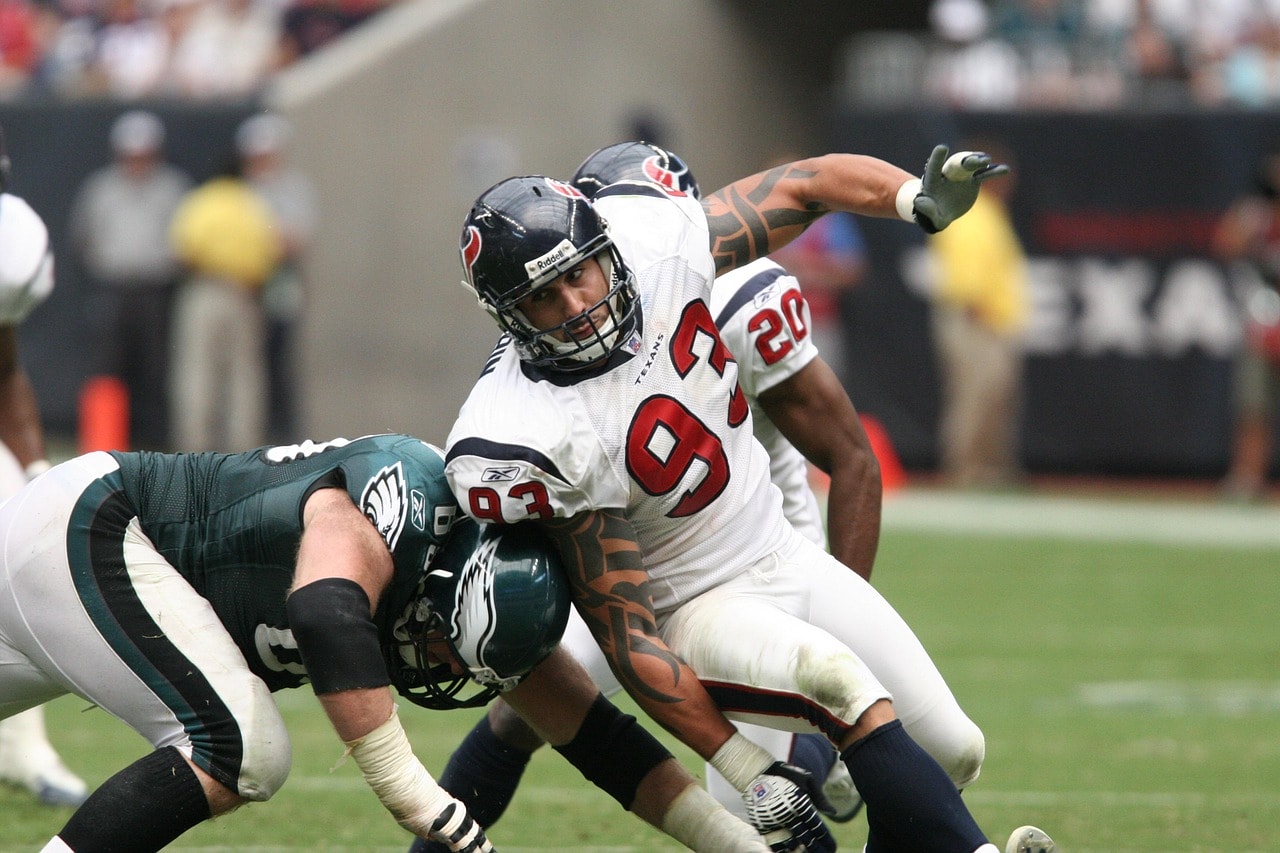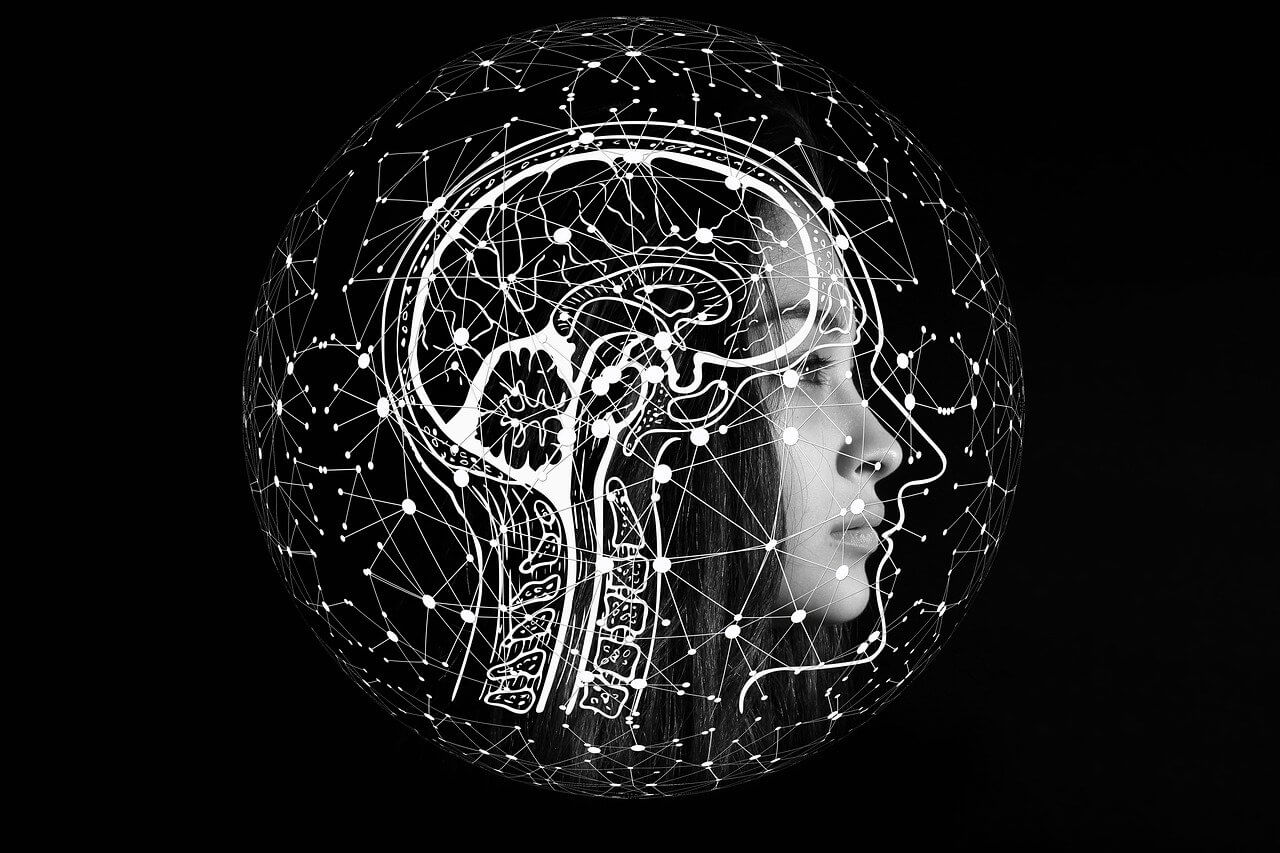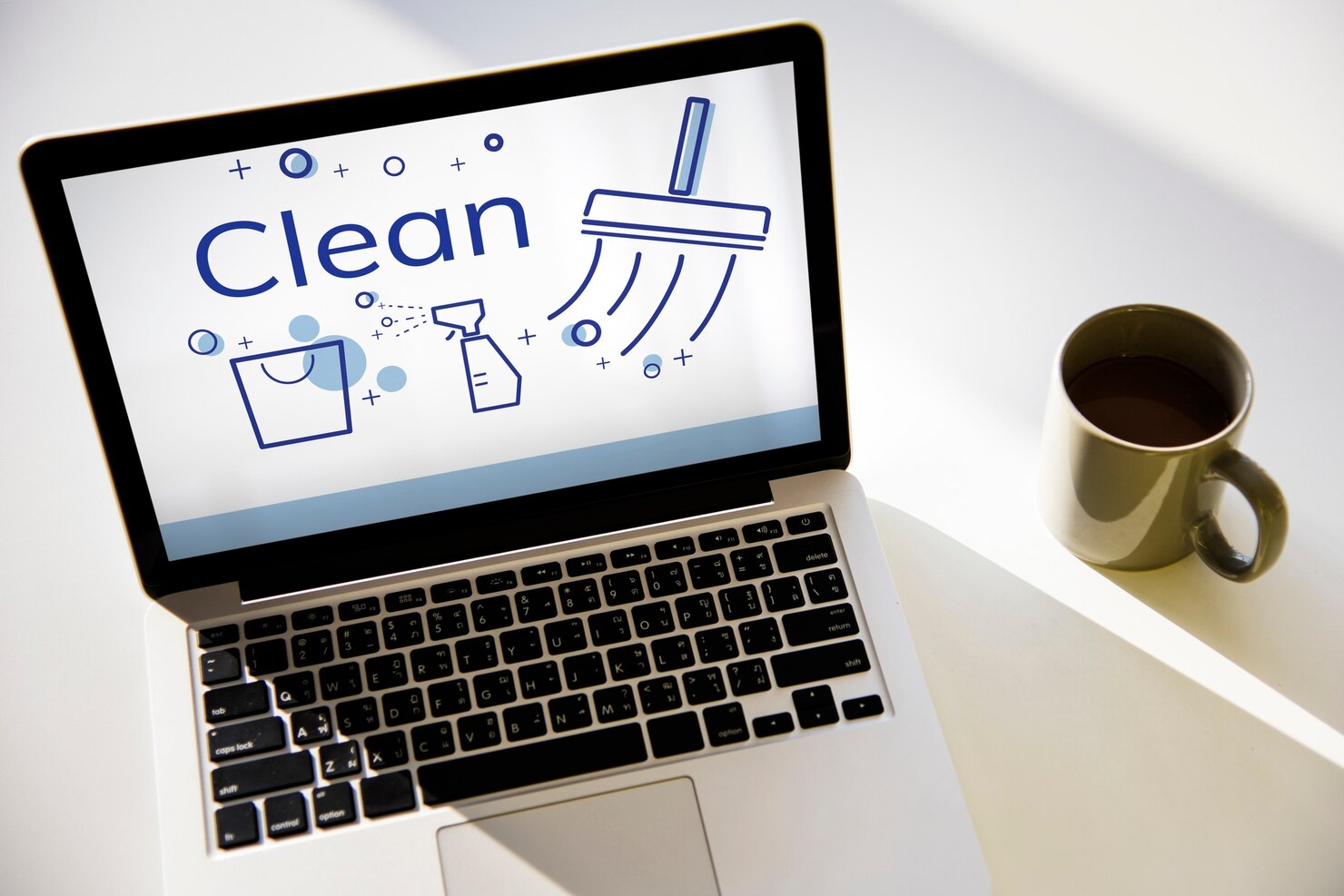Having bad credit can cast a dark cloud over many areas of life. Worrying about dues, bills, and whether you’ll be approved for credit can take a severe emotional toll. The anxiety surrounding poor credit leads to sleeping problems, mood disorders like depression, and strained personal relationships.
Matt Mayerle, personal finance editor at CreditNinja.com, explains, “The emotional burden of bad credit can be overwhelming. People often feel a profound sense of failure, which impacts their self-worth and overall mental health.”
For many, bad credit is a source of intense embarrassment and lowered self-worth. The inability to qualify for loans, mortgages, credit cards, and other financial milestones can make people feel like failures. This negative self-perception chips away at confidence and mental well-being over time.
The Emotional Toll of Poor Credit
Bad credit brings constant stress, anxiety, and shame. It leads to sleep problems, depression, and strained relationships. Feeling like a failure, people struggle to qualify for loans, mortgages, or credit cards, eroding confidence and causing hopelessness.
It also strains partnerships, leading to resentment and financial strain.
Physical Impacts of Financial Stress
The physical effects of chronic stress induced by bad credit shouldn’t be underestimated. High-stress hormones like cortisol can have widespread impacts on the body when elevated long-term, including headaches, digestive problems, high blood pressure, heart disease, stroke risk, and a weakened immune system.
The heavy financial burdens incurred by a poor credit score can also worsen existing health issues. The costs of medical treatment, prescriptions, and health insurance are often neglected when money is extremely tight. This delayed care and treatment non-adherence inevitably leads to bigger problems.
The Chain Reaction of Poor Credit
For those with bad credit in the lower credit range of 500-600, the negative impacts tend to snowball. Not being approved for loans, higher interest rates on available credit, and getting rejected for rental housing and employment opportunities all make it much harder to regain solid financial footing.
The constant cycle of late payments, penalties, debt, and further credit score drops can feel like a hopeless spiral. With each setback, the stress and anxiety mount, taking an ever-greater mental and physical toll. This vicious cycle is extremely difficult to break free from without professional credit counseling and debt consolidation assistance.
Related Articles: Has The New EV Tax Credit Made It More Complicated To Buy EVs In The US? | Physical Risk Assessment Added to S&P Global’s Climate Credit Analytics | Managing Mental Health Illness with Digital Health | Bringing Mental Health Into the Spotlight: An Interview with Musician RKZ | DeepH, The New App To Help Your Mental & Physical Health
Breaking the Cycle of Bad Credit
While certainly a major challenge, rescuing your credit situation is possible with discipline and smart planning. Here are some tips that can help relieve the mental and physical strain:
- Check credit reports and dispute any errors immediately
- Set up payment reminders and automate minimum payments
- Seek credit counseling if debts are unmanageable alone
- Prioritize paying off debts with the highest interest rates first
- Reduce expenses by negotiating bills, subscriptions, etc.
- Build credit slowly with a secured card after paying off debts
- Be patient and consistent — credit rebuilding is a long process
Taking proactive steps to get back on track financially can provide enormous relief and empowerment. As the credit situation improves, the immense weight of stress begins to dissipate.
Regaining control over finances allows you to refocus energy on self-care, restoring relationships, and simply enjoying life again without that persistent cloud of anxiety. Once the cycle of bad credit is broken, the mind and body will start recovering.
Editor’s Note: The opinions expressed here by the authors are their own, not those of Impakter.com — In the Cover Photo: Person holding a credit card. Cover Photo Credit: Freepik.














